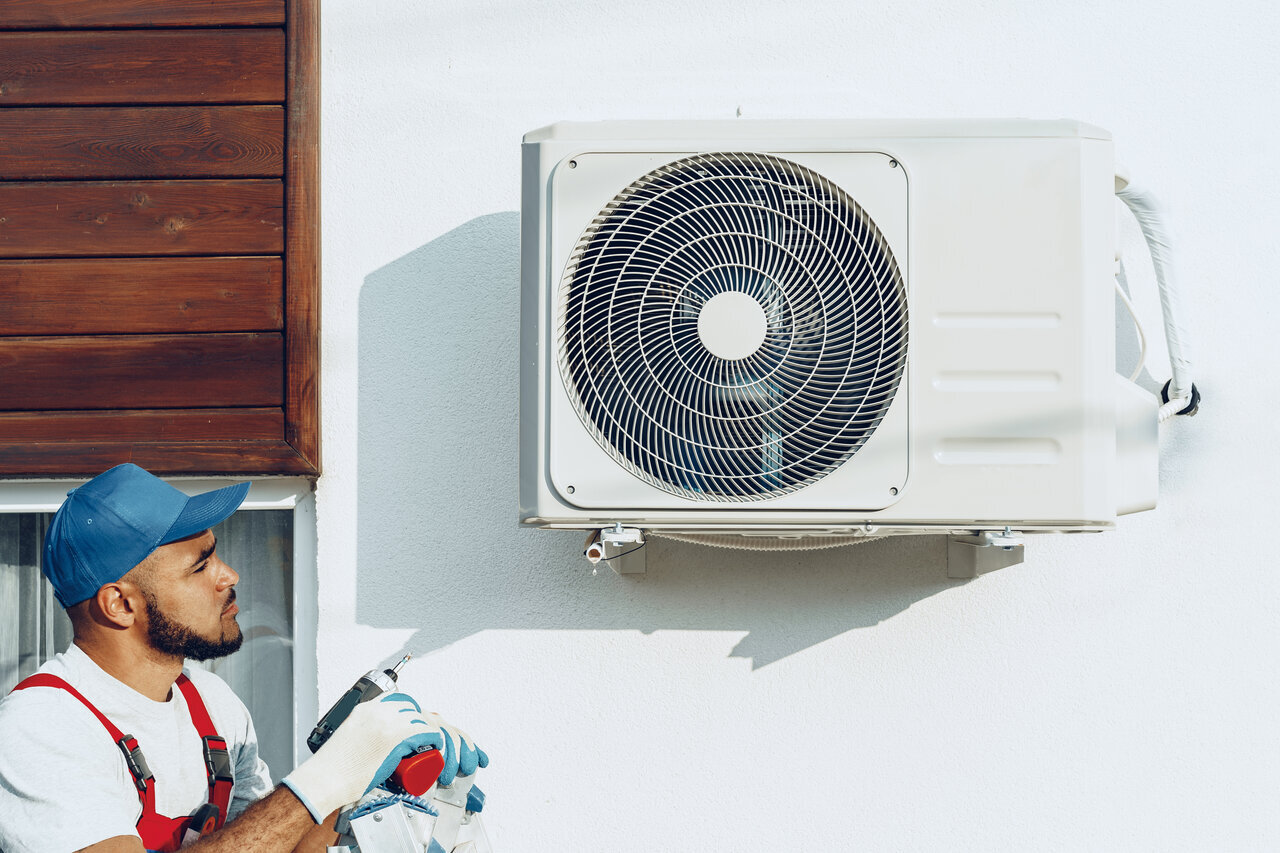In the realm of modern heating and cooling solutions for residential, commercial, and new construction projects, heat pump systems have emerged as a highly efficient and versatile option. These systems precisely transfer heat between your indoor and outdoor environments, providing efficient temperature control all year round. We will discuss the various advantages of utilizing heat pump systems for your heating and cooling needs and demonstrate how our experienced professionals can help guide you through the selection, installation, maintenance, and repair of heat pump systems.
Energy Efficiency and Cost Savings
One of the main benefits of heat pump systems is their outstanding energy efficiency, which directly translates into cost savings. Heat pumps are designed to transfer heat rather than generate it, resulting in less energy consumption. This efficiency advantage leads to:
1. Lower Utility Bills: Due to reduced energy consumption, heat pump systems can help you save significantly on heating and cooling costs compared to traditional HVAC systems.
2. Environmental Friendliness: Heat pumps utilize electricity instead of fossil fuels, contributing to reduced greenhouse gas emissions and promoting a greener, more sustainable way to maintain comfortable indoor temperatures.
Versatility and Flexibility
Heat pump systems offer an impressive level of versatility and flexibility for various property types and indoor environments. This broad applicability ensures that heat pumps can fulfill the heating and cooling needs of:
1. Residential Properties: Heat pumps are suitable for home applications, providing efficient year-round comfort and reduced energy bills for homeowners.
2. Commercial Spaces: Businesses can benefit from heat pump systems’ efficiency, versatility, and cost savings, making them an attractive choice for office buildings, retail spaces, and other commercial settings.
3. New Construction Projects: Incorporating heat pump technology into the design of new construction projects can ensure energy efficiency, cost-effectiveness, and environmentally friendly temperature control.
Integration with Existing HVAC Systems
For properties with existing HVAC systems, heat pump technology can be added into the system for supplemental or primary temperature control. This integration is advantageous for several reasons:
1. Supplemental Heating and Cooling: Heat pumps can work in conjunction with existing heating and cooling equipment, providing supplemental temperature control during periods of high demand or extreme weather conditions.
2. Improved Efficiency: Integrating a heat pump system can improve the overall efficiency of an existing HVAC system, further reducing energy consumption and costs.
3. Seamless Implementation: In most cases, the integration of a heat pump system to an existing HVAC system is a straightforward process that our expert technicians can complete with precision and professionalism.
Types of Heat Pumps and Choosing the Right One for Your Property
There are several types of heat pump systems available, each with specific features and applications. Our knowledgeable professionals can guide you through the selection process, ensuring you choose the most suitable option for your property:
1. Air-Source Heat Pumps: These systems use the outdoor air as the heat exchange medium, efficiently transferring heat to and from the outdoors. Air-source heat pumps are the most common type and are suitable for properties with moderate climate conditions.
2. Ground-Source (Geothermal) Heat Pumps: Geothermal heat pumps use a pipe filled with refrigerant buried in the ground, which extracts and transfers heat to and from the ground. This type is highly efficient and has a longer lifespan. However, it generally requires a larger upfront investment and involves a more complex installation process.
3. Ductless Mini-Split Heat Pumps: These systems consist of individual units installed in specific rooms or zones, providing targeted heating and cooling without using ductwork. Ductless mini-split heat pumps are ideal for retrofitting older homes, additions, or areas with limited space for ductwork installation.
Maintaining and Servicing Your Heat Pump System
Once you have chosen the right heat pump system and had it installed, it’s crucial to ensure proper maintenance and servicing to maximize efficiency, performance, and equipment lifespan. Our skilled technicians can professionally take care of:
1. Regular Tune-ups: Routine maintenance, including inspections, cleaning, and minor adjustments, helps maintain peak performance and addresses potential issues before they become costly problems.
2. Prompt Repair Services: In the event of a malfunction or performance issue, our expert technicians are equipped to quickly diagnose and repair your heat pump system with expertise and precision.
3. System Replacement: When the time comes for an upgrade or replacement, our team can provide hassle-free removal and installation services to keep your property comfortable and energy-efficient.
Conclusion
Heat pump systems offer an innovative and versatile solution for efficient heating and cooling across various property types. Their energy efficiency, cost savings, environmental friendliness, and seamless integration with existing systems make them particularly attractive. Our professionals at Vardell’s AC are committed to helping clients find the best heat pump system for their needs, as well as providing expert installation, maintenance, and repair services. Contact us today to learn more about our heat pump installation in Yuba City.




